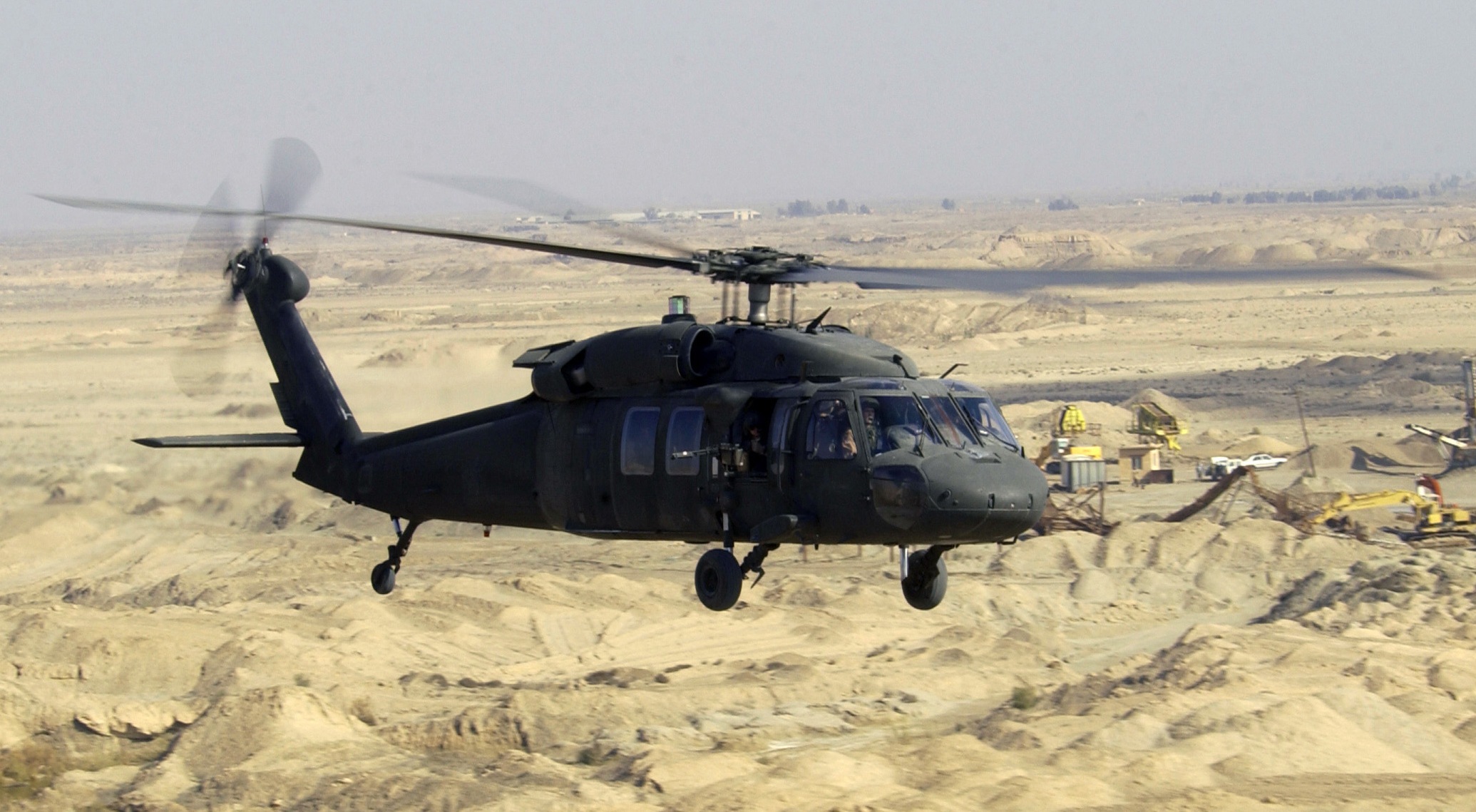UH 60 Black Hawk Helicopter Variants and Their Usages
UH 60 Black Hawk Helicopter Variants and Their Usages
Blog Article
The Impact of Sustainable Practices on the Future of Aircraft Procedures and Emissions Decrease
As the aviation sector deals with raising analysis over its environmental impact, the adoption of sustainable methods arises as an important path toward future aircraft procedures and exhausts decrease. Innovations in sustainable aeronautics gas and improvements in hybrid propulsion innovations stand at the forefront of this transformation, appealing substantial decreases in greenhouse gas exhausts. The successful integration of these initiatives pivots on a selection of aspects, consisting of regulative structures and market cooperation. The question remains: exactly how will these progressing techniques reshape the characteristics of flight and contribute to a much more sustainable future?

Summary of Sustainable Practices
Lasting methods in airplane procedures incorporate a range of strategies focused on decreasing ecological impact while preserving functional effectiveness. These techniques are important in the aeronautics industry's commitment to decreasing its carbon impact and adhering to international environmental standards. Trick campaigns consist of enhancing flight courses to reduce gas consumption, improving upkeep methods to guarantee airplane run at peak effectiveness, and implementing innovative innovations such as winglets and lightweight products that boost the rules of aerodynamics.

Training and engaging staff on sustainability practices additionally play a vital role, promoting a society of environmental responsibility within organizations. In general, the combination of these sustainable practices not just helps in reducing emissions however additionally enhances the lasting stability of the air travel sector, ensuring it satisfies the demands of both consumers and regulative bodies while adding to global sustainability goals.
Ingenious Gas Alternatives
Countless cutting-edge gas choices are arising as essential remedies to decrease the air travel sector's dependence on conventional fossil gas. Amongst these options, Lasting Air travel Gas (SAFs) have gotten considerable interest due to their potential to decrease lifecycle greenhouse gas discharges by as much as 80% compared to standard jet gas. SAFs are obtained from numerous feedstocks, including waste oils, farming deposits, and also algae, making them a functional option for the market.
One more encouraging alternative is hydrogen fuel, which, when utilized in fuel cells, generates only water vapor as a byproduct. Furthermore, electrical propulsion systems are being explored, leveraging battery innovation to power aircraft.
Finally, biofuels originated from biomass are being examined, providing a renewable option that can be mixed with typical gas. Jointly, these cutting-edge fuel options represent a crucial action towards achieving a sustainable aviation community, aligning with global discharges decrease targets and boosting the industry's ecological stewardship.
Technical Improvements in Air Travel

Exactly how can technological improvements improve the future of air travel? The integration of advanced innovations is critical in changing airplane operations, enhancing efficiency, and decreasing discharges. Innovations such as hybrid and electric propulsion systems are at the leading edge, encouraging significant decreases in fuel intake and greenhouse gas emissions. These systems leverage developments in battery modern technology and power management, allowing aircraft to operate with a lower ecological impact.
Additionally, the application of sophisticated materials, such as light-weight compounds, contributes to enhanced aerodynamics and fuel efficiency. Making use of expert system and device discovering in flight procedures maximizes path preparation and reduces gas burn by enabling real-time modifications based upon climate and web traffic conditions. Additionally, the growth of independent and from another location piloted airplane systems stands to revolutionize freight and guest transportation, possibly increasing efficiency while reducing human error.
Moreover, lasting aviation innovations, including sophisticated air website traffic monitoring systems, can streamline operations and minimize congestion, resulting in lower exhausts during trip. These improvements jointly represent a standard shift in aviation, assuring a future where sustainability and operational effectiveness are linked, thus supporting the industry's commitment to reducing its ecological effect.

Regulative Framework and Conformity
Because of the growing emphasis on environmental stewardship within the aeronautics market, the regulative framework regulating airplane operations is developing to advertise sustainable techniques. Governing bodies, such as the International Civil Aviation Organization (ICAO) and different national Learn More Here air travel authorities, are presenting stringent guidelines aimed at reducing discharges and boosting operational performance.
These laws frequently include the fostering of Sustainable Aviation Fuel (SAF), which has actually been identified as a crucial element in attaining reduced carbon footprints. Compliance with these laws requires airlines to carry out innovative technologies and functional techniques, such as enhanced trip courses and improved air web traffic administration, to reduce gas usage.
Additionally, the enforcement of emissions trading systems and carbon countering campaigns is becoming increasingly common, engaging airline companies to keep an eye on and report their exhausts precisely. Non-compliance can cause considerable penalties, thus pressing operators to prioritize sustainability in their company models.
Ultimately, the evolving governing landscape not only drives innovation and investment in green modern technologies however also cultivates a society of liability within the air travel sector. As these structures remain to develop, the emphasis on sustainable techniques will be essential to attaining the market's lasting ecological objectives.
Future Trends in Airplane Procedures
As the aeronautics sector adapts to a progressively stringent regulative setting, future patterns in airplane procedures are readied to concentrate on ingenious options that further enhance sustainability and effectiveness - uh 60. Secret growths will likely consist of the adoption of advanced air website traffic administration systems, which use real-time data and expert system to enhance flight paths, lowering fuel usage and emissions
One more significant pattern is the raised combination of lasting aeronautics fuels (SAFs) These alternatives to conventional jet fuel, originated from sustainable sources, can considerably reduce lifecycle greenhouse gas exhausts. The industry's commitment to SAFs will likely increase as airline companies work together with fuel producers to ensure availability and cost-effectiveness.
In read review addition, the push towards electrification and crossbreed propulsion systems is acquiring momentum. Emerging aircraft layouts will certainly include these technologies, using quieter and extra reliable procedures, particularly for short-haul flights.
Conclusion
The adoption of sustainable aeronautics fuels, paired with advancements in electric and hybrid propulsion systems, is important for lessening lifecycle greenhouse gas exhausts. Maximizing flight paths and welcoming cutting-edge modern technologies add to a quieter and extra environmentally here friendly aeronautics sector.
Developments in sustainable aeronautics gas and advancements in hybrid propulsion technologies stand at the leading edge of this transformation, promising considerable reductions in greenhouse gas discharges.Countless cutting-edge fuel options are emerging as essential options to decrease the aviation market's dependence on conventional fossil gas - uh 60. Among these choices, Lasting Aeronautics Fuels (SAFs) have actually gotten considerable focus due to their prospective to lower lifecycle greenhouse gas emissions by up to 80% contrasted to conventional jet gas.Another considerable fad is the enhanced combination of lasting aviation fuels (SAFs) The fostering of lasting air travel gas, combined with developments in hybrid and electrical propulsion systems, is vital for reducing lifecycle greenhouse gas emissions
Report this page